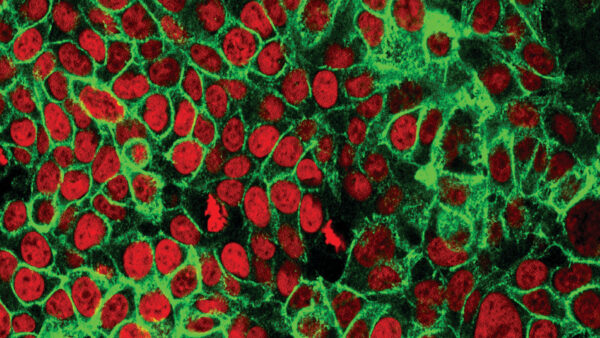I am 30 years of age. My 53-year-old uncle is battling stage 4 colon cancer. He has always been physically fit and a healthful eater—a vegetarian, in fact. Does colon cancer run in families? Can it be prevented?
It’s hard to deal with the brokenness we face and endure on this fallen planet. Yes, colorectal cancer (CRC) may occur in families. We’ll briefly discuss changeable (reversible) and unchangeable risk factors, and touch on screening options.¹
UNCHANGEABLE RISK FACTORS:
Age—risk of CRC increases with age, especially over the age of 50. It’s worrying that CRC is increasing below the age of 50 for reasons that aren’t yet clear.
Polyps—a personal history of colorectal polyps (small outgrowths of the bowel) or diagnosis of CRC itself (recurrence), even if completely surgically removed.
Additional health issues—personal diagnosis of inflammatory bowel disease (IBD), Crohn’s disease, and ulcerative colitis.
Family history—first-degree family members with a history of CRC or adenomatous polyps (first-degree family members are parents, children, and siblings).
Genetics—some inherited (genetic) syndromes (approximately only 5 percent of CRC cases).
Race—racial and ethnic background may play a role in increased risk; for example, African Americans and Ashkenazi Jews (Jews of Eastern European descent) have increased risk.
REVERSIBLE RISK FACTORS:
Overweight—being overweight or obese raises the risk for CRC in both men and women, but especially in men.
Physical inactivity—about 150 to 300 minutes of moderate-intensity activity per week can decrease the risk of CRC and other cancers.
Diet—consistent with the Adventist Health Study-2, other retrospective study analyses confirm the importance of eliminating red meat and alcohol, as well as the positive benefits of dietary fiber and whole-grain foods.²
Tobacco—tobacco smokers are more likely to die from CRC than nonsmokers.
Alcohol—CRC has been linked to even light-to-moderate alcohol use. As a carcinogen (cancer-causing agent), the science is clear that there’s no safe level of alcohol intake regarding mouth, throat, voice box (larynx), esophagus, colorectal, and breast cancers.
Type 2 diabetes—a largely modifiable and even reversible risk factor.
Screening and early detection help prevent advanced and untreatable CRC. Testing kits for invisible (occult) blood in the stool are useful; these may be done at home. For individuals over 50 years of age, a flexible fiber optic colonoscopy (visualization) should be routine every five to 10 years. For younger patients with unchangeable risk factors, a colonoscopy should be done at appropriate time intervals determined by their physician.
As has happened in so many instances relating to the Adventist health message, science and epidemiology reach the peak of the mountain of inquiry and study, only to find that the Lord’s counsels as shared through His Word and highlighted by Ellen White’s writings were already there! We’re privileged to have this knowledge. Despite our brokenness, quality of life and even longevity may be powerfully and positively enhanced as we practice and live what we’ve learned!
“Have faith in the Lord your God and you will be upheld; have faith in his prophets and you will be successful”
(2 Chron. 20:20, NIV).
¹ Information provided in this column is based on the following resource: Sajesh K. Veettil, Tse Yee Wong, Yee Shen Loo, et al., “Role of Diet in Colorectal Cancer Incidence,” JAMA Network Open 4, no. 2 (2021): e2037341, doi: 10.1001/jamanetworkopen.2020.37341.
² Ibid. See also https://adventisthealthstudy.org/studies/AHS-2.


